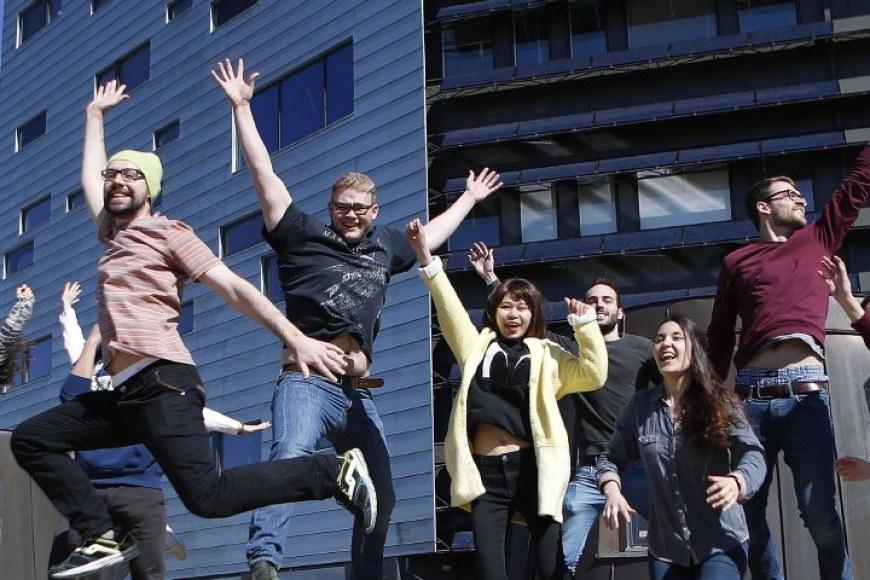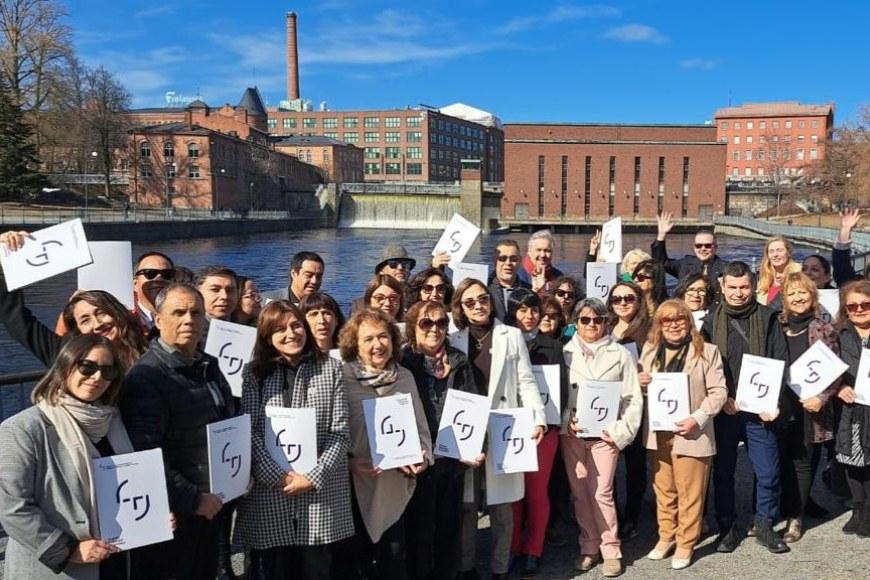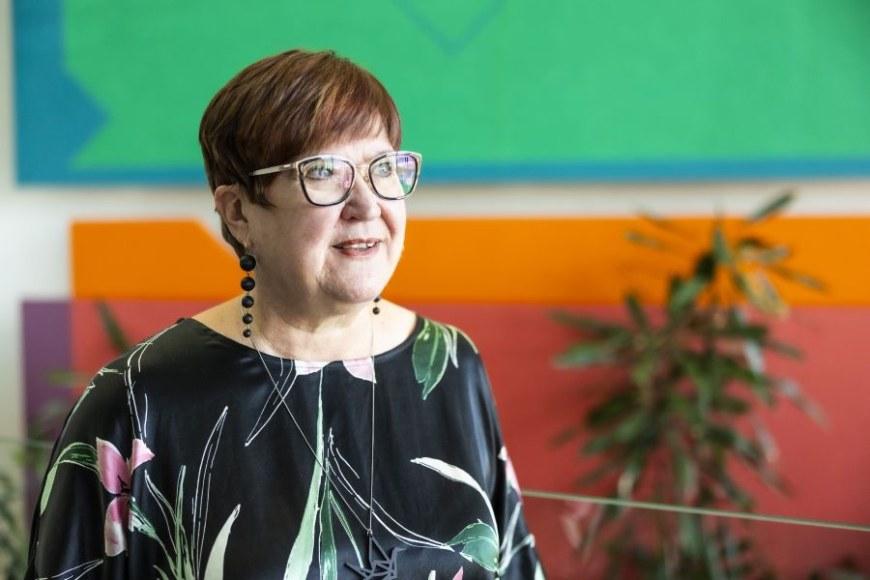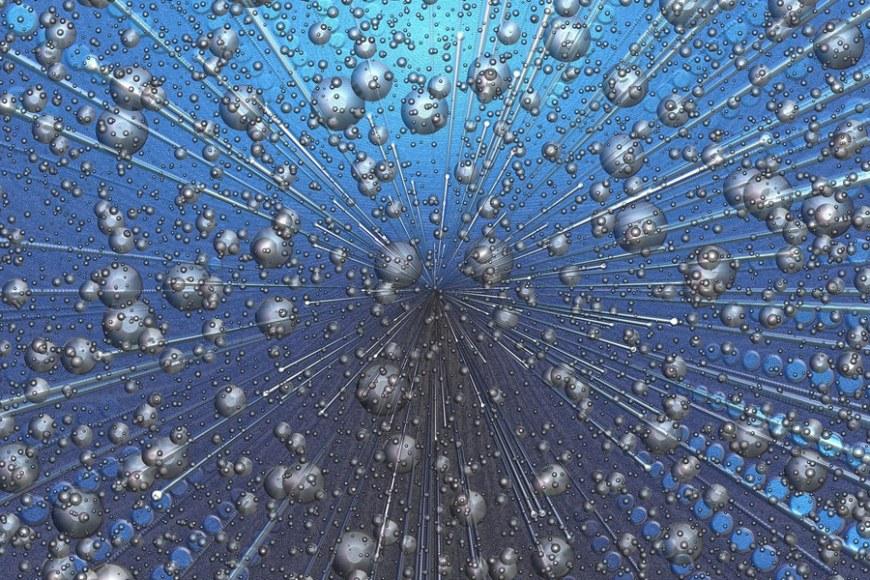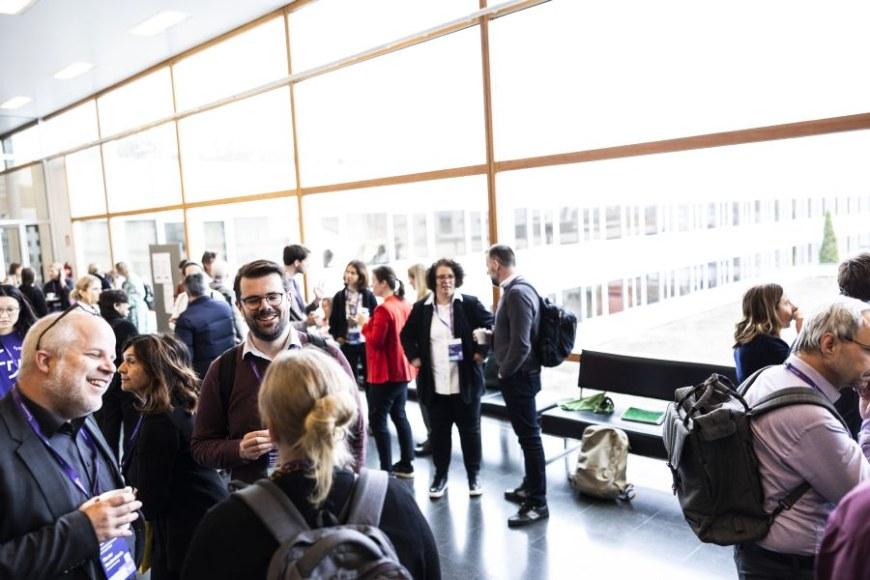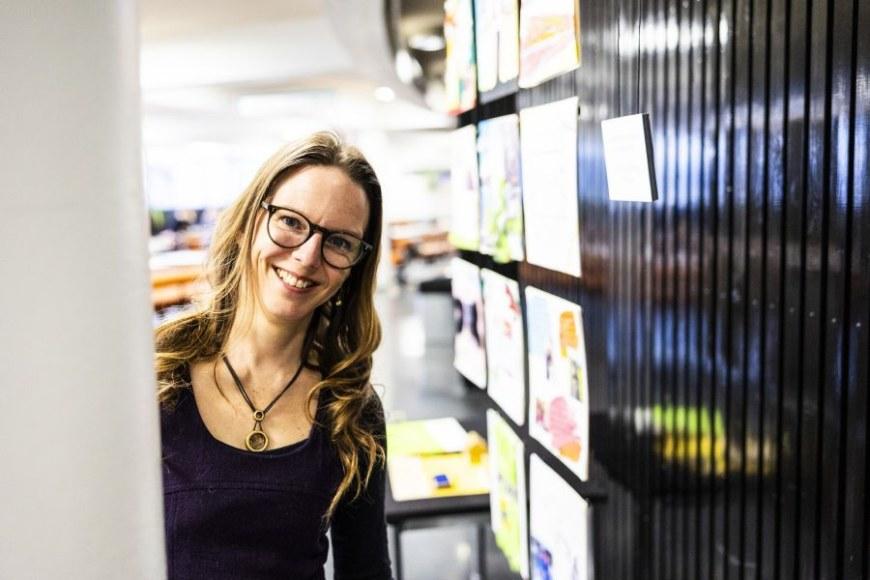PIHI project develops biodegrading and composting testing facilities in the Tampere region
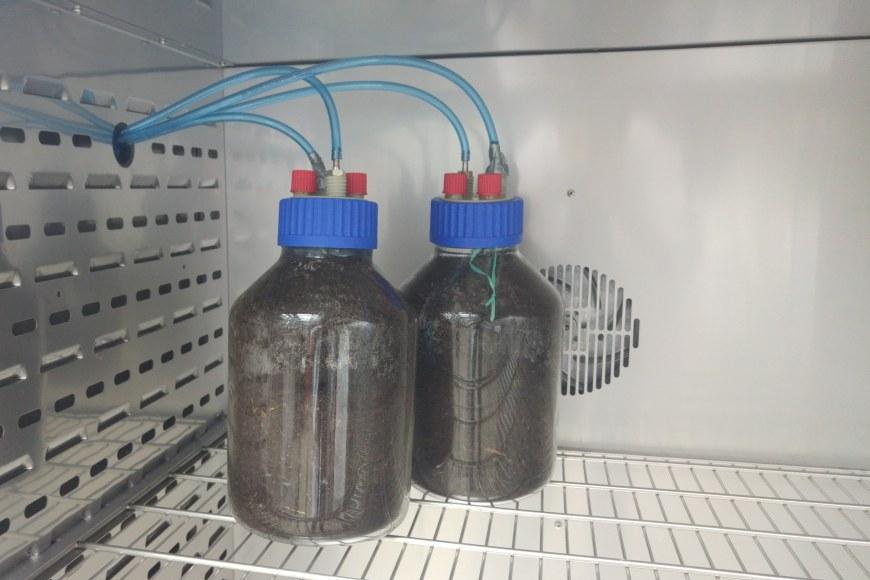
Since 2018, TAMK has been a proud partner in the PIHI project, together with VTT Technical Research Centre of Finland Ltd, Ekokumppanit Oy and nine other companies in the Tampere region. The PIHI project is funded by the Council of Tampere Region and aims to support the development of materials, processes and biodegradability or compostability testing for sustainable plastic film products.
The terms biodegradable and compostable are used when describing organic materials breaking down in a specific environment. A biodegradable material can undergo a biological anaerobic or aerobic degradation, i.e with the help of microorganisms, leading to the production of CO2, H2O, methane, biomass, and mineral salts, depending on the environmental conditions of the process. On the other hand, composting is the process of breaking down organic waste by microbial digestion in the correct conditions (heat, moisture, pH, and oxygen) to create compost.
TAMK’s multifaceted contribution to the project
TAMK has been involved in the project from the very beginning in an analytical role by testing materials, and in a developmental role by building specialized testing environments and tools.
For a packaging material to be defined as “compostable”, meaning that it can be recycled through organic recovery (composting and anaerobic digestion), it must undergo several standardized tests. In PIHI project, TAMK has developed standardized testing environments for both biodegradability and compostability in accordance to tests specified in the European Standard EN 13432.
In parallel, TAMK’s staff and students have been conducting tests in the chemistry lab, for volatile organic compounds from recycled plastic films and for substances migration from plastics provided by the project partners. This is a necessary testing especially for packaging materials that come in contact with food and hygiene products.
Additionally, in TAMK’s paper packaging laboratory, various materials provided by PIHI partners underwent physical and printability tests.
Finally, Eero Nippala, Senior Lecturer in TAMK’s School of Built Environment and Bioeconomy, developed a cost-benefit tool that helps companies easily compare materials’ properties and costs to quickly recognize which products fit specific projects.
Students hands-on in collaborative projects
Students have had the opportunity to participate in the PIHI project in various ways. Some worked on assignments during the project course of their engineering degree, while others completed their practical training or thesis within the project.
"By its nature, the PIHI project has involved quite much of laboratory work, so the students have had the opportunity to clock hours on the lab bench and learn hands-on," says Senior Lecturer Marita Hiipakka.
The students worked on various assignments during the development of certain parts of the biodegradability environment. Specifically, they developed solutions for generating CO2-free air for the biodegradability system, trapping and analyzing CO2 gas amounts that evolve during biodegradability of the packaging materials, and designing feasible solutions concerning cost, logistics and the working ergonomics of collecting biowaste for the composting experiments carried out at TAMK.
In addition, two students completed their bachelor’s theses on the development of the composting environment: Verna Rantala was a student of Laboratory Engineering, and Truc Nguyen of Environmental Engineering. A third thesis will be published in the spring of 2021, after the completion of PIHI project, by Environmental Engineering student Parsa Eshragh Jahromi. The students’ theses can be found in Theseus data base or via the Tampere University Library.
A hub for companies to test new products
The new research environments created by TAMK during the PIHI project facilitate the research and development actions of companies. These achievements as well as other results of the PIHI project are based on the good cooperation and expertise of the project partners TAMK, VTT, and Ekokumppanit. During the project, a new understanding and learning from working together has also emerged.
“Our main goal in the PIHI project has been to establish this hub of testing facilities in the Tampere region, and we are now heading towards that goal,” exclaims Marita Hiipakka.
In the future, companies will be able to send their materials in TAMK’s degradability and compostability laboratory environments. These preliminary tests during the development stage of the materials will help companies to lower costs and speed up the phases of product development. When the results are satisfactory, the materials can be sent to a notified body and receive a certificate of compostability and/or biodegradability.
A final webinar of the PIHI project will take place on 28th of January 2021, where the partners will present their results. Read more here.
Photo: Parsa Eshragh Jahromi
